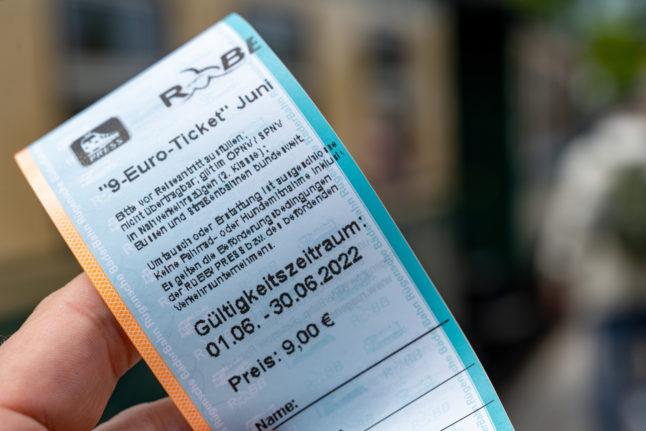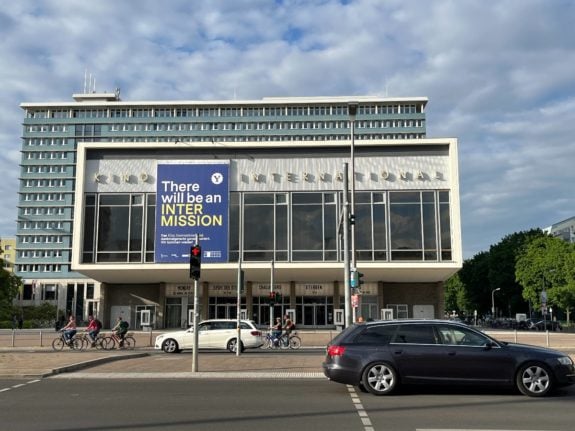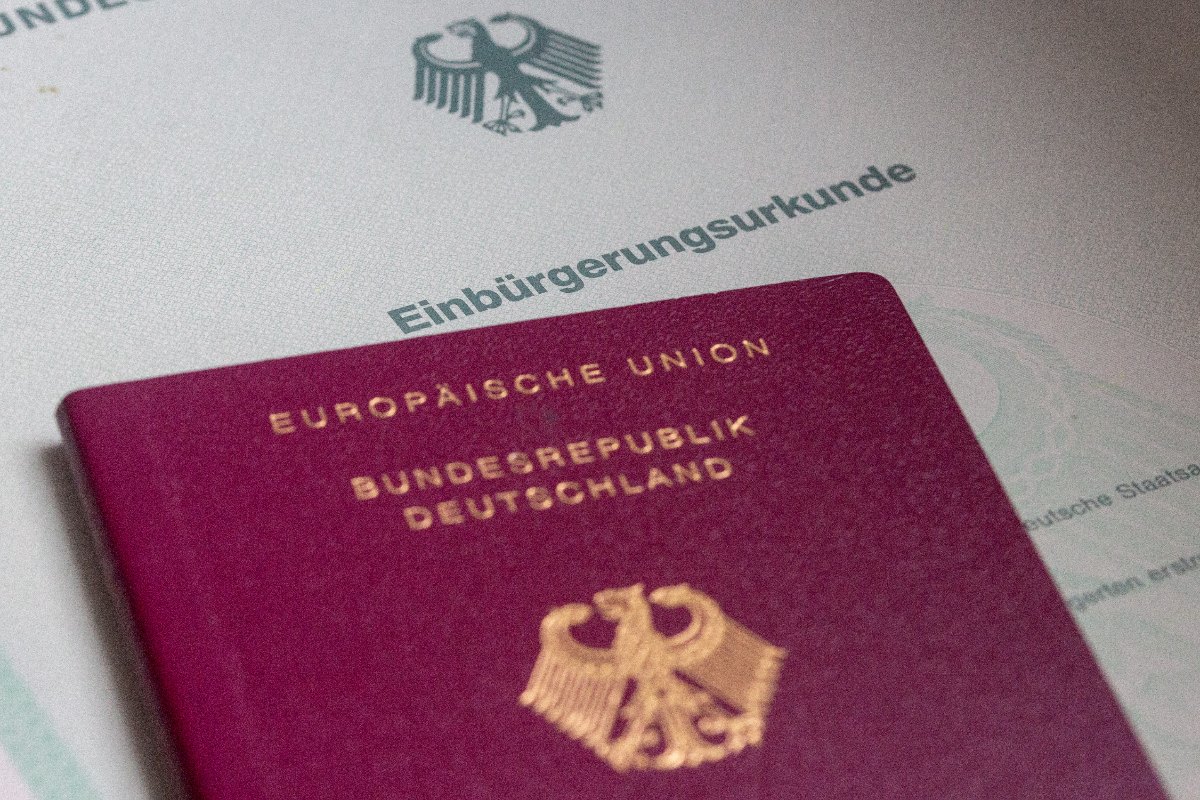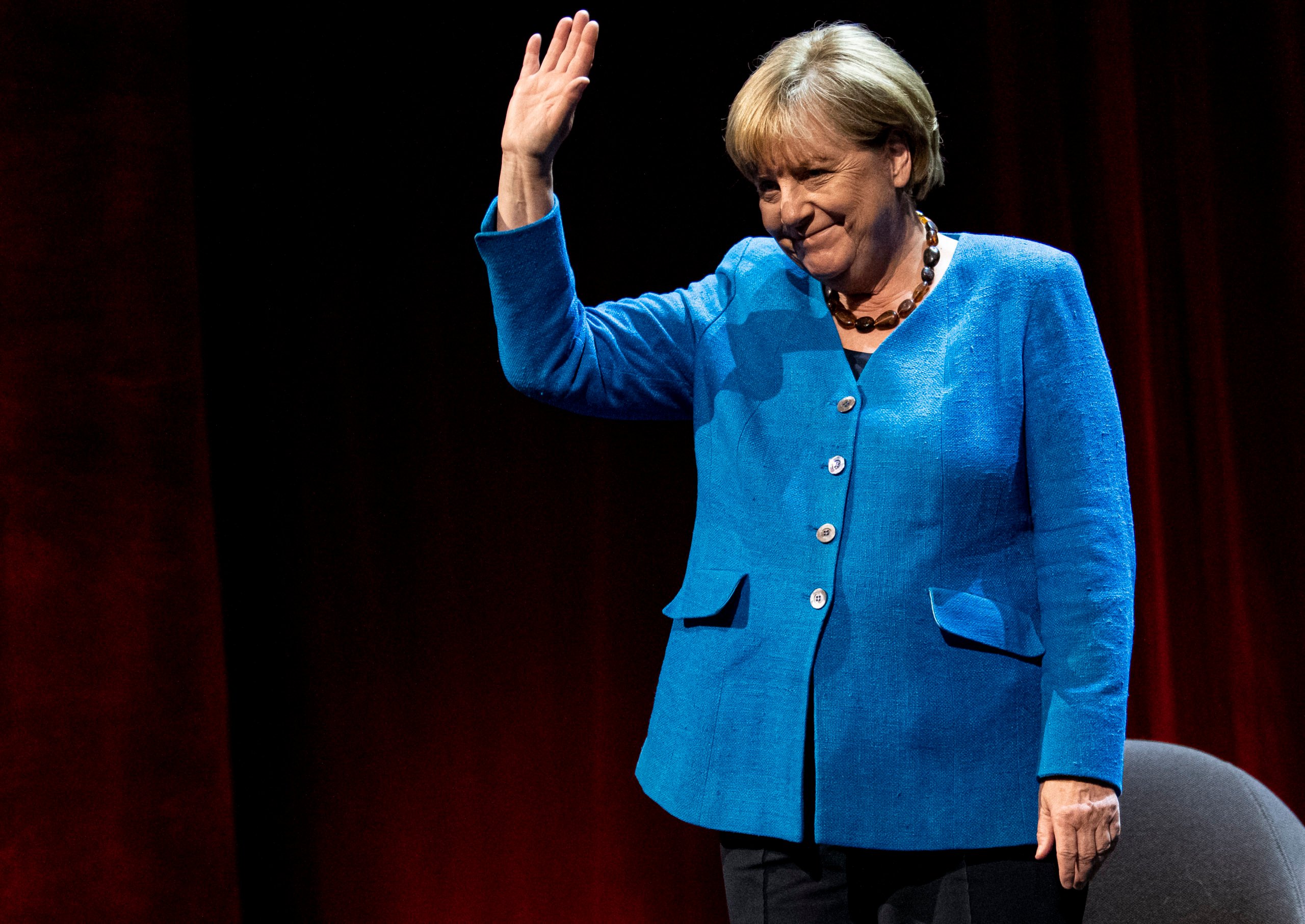With consumer price hikes striking new records in recent months following Russia’s invasion of Ukraine, Germany is unleashing 30 billion euros from its coffers to help residents and businesses cope.
Among the measures most eagerly awaited by consumers was a fuel tax cut reaching around 30 cents a litre for petrol and 14 cents for diesel.
In Berlin, drivers said they were pleasantly surprised to see the immediate impact on pump prices, which fell below two euros a litre.
Filling up at a station where petrol was down to €1.88 a litre and diesel at €1.87, Niklas Gelauer welcomed the step.
READ ALSO: Price of fuel falls in Germany after tax cut
“The difference in pump prices is big. I can’t do without a car, so before this I waited until evenings to fill up the tank as the prices are cheaper then,” the 20-year-old said.
Health worker Veronika Scholz, 48, said she’d had to rely more on public transport lately because driving had become too expensive.
“It’s good that (petrol prices) are cheaper now. Because the prices had been so high lately, I have only pumped what was absolutely necessary,” she said.
Meanwhile commuters using public transport were delighted by the nine-euro monthly ticket, valid on local and regional buses, subways and trains across the country.
READ ALSO:
- German residents welcome cheap transport deal
- ‘Extraordinary experiment’ Millions of people snap up Germany’s €9 ticket
The ticket, which is available from June to August and cannot be used for high-speed trains, is subsidised by 2.5 billion euros of state funds and has already been snapped up by seven million people.
Stress test
However, there are fears the cheap ticket will push too many people onto a public transport system that could struggle to cope with sudden surges.
And with the summer holidays ahead, trains plying routes to popular tourist destinations risk becoming overcrowded.

Student Anica Burkhardt, 21, had travelled with a friend from the north-western city of Bremen to Berlin.
They took a long-distance bus, but plan to use the nine-euro ticket and make the trip on regional trains in the future.
“It’s longer, six hours, but cheaper. It’s good that fewer cars will be used, but the regional trains are already very full and they will probably be even fuller,” she said.
With a long bank holiday weekend ahead, officials are nervously watching key routes.
Martin Burkert, deputy chairman of the rail and transport union EVG, described the coming weekend as a stress test for the rail, as he underlined emergency plans in place.
“If there are too many people on a platform, police will clear it so that trains can travel safely,” he said.
“If an entire train station risks being overly packed, it will be closed. If trains are too full, they will have to be cleared,” he warned.





 Please whitelist us to continue reading.
Please whitelist us to continue reading.
Member comments